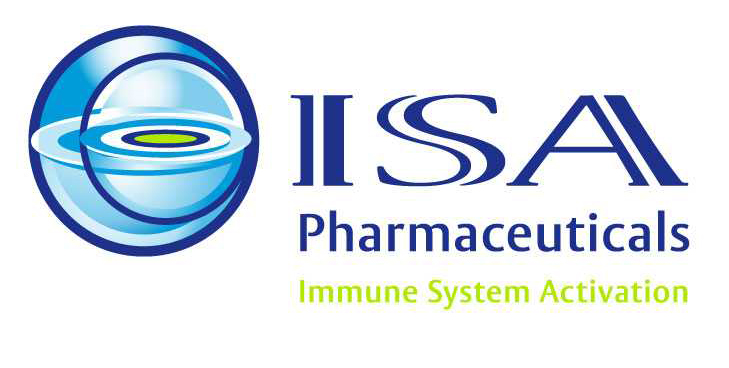Archive: Company News
Company News: Publication in Nature Supports ISA Pharmaceuticals´ Synthetic Long Peptide Immunotherapeutic Approach to Treat Cancer

– Synthetic Long Peptide (SLP®) immunotherapy achieves targeted tumor eradication comparable to checkpoint-blocking immunotherapy
– New findings on antigens relevant for checkpoint blocking pave the way for personalized cancer vaccines
ISA Pharmaceuticals B.V., a clinical-stage immunotherapy company focusing on rationally designed immunotherapeutics against cancer and persistent viral infections, today announced that a recent scientific paper in Nature supports the company´s therapeutic approach to using synthetic long peptides in cancer therapy. It could be shown that personalized SLP® immunotherapy is as capable of inducing efficient tumor eradication as are T cell checkpoint inhibitors such as anti-PD-1 and anti-CTLA-4 monoclonal antibodies. The research was conducted by a consortium led by Prof. Robert D. Schreiber from Washington University St. Louis. Prof. Cornelis Melief, Willem-Jan Krebber, and Gwenn E. Mulder from ISA Pharmaceuticals also participated in the project.
It is well known that checkpoint immune regulators on the surface of T cells act as deactivators. While they are useful in preventing T cells from attacking healthy tissues, in cancer they prevent the T cells from destroying tumor cells. Checkpoint blockers, such as anti-PD-1 and anti-CTLA-4 monoclonal antibodies, that target these proteins are very effective in restoring the T cell’s ability to eradicate tumor cells. In the Nature publication, Matthew M. Gubin and co-workers – among them three ISA researchers – report about their identification of the antigens recognized by these tumor-infiltrating T cells once their activity has been restored. The researchers used a mouse model of carcinogen-induced cancer, which – like human lung cancer from smokers – bears many mutations (e.g. caused by tar).
The researchers demonstrated that the T cells previously blocked by checkpoint immune regulators were directed against two mutant antigens on the cancer cell surface. These T cells had already infiltrated the tumor prior to checkpoint blocking, but were subsequently deactivated by the tumor microenvironment. Moreover, the team showed that an immunotherapy consisting of two synthetic long peptides, each incorporating one of the mutant amino acid sequence admixed with the adjuvant poly I:C, was able to eradicate the tumor as effectively as checkpoint immunotherapy.
Personalized synthetic long peptides against tumor-unique mutant sequences are a promising treatment approach for cancers with many mutations, such as smoking-induced lung cancer and UV-induced skin cancer. Compared to checkpoint blocking, personalized immunotherapy is likely to achieve anti-tumor effects with less toxicity because they do not activate T cells that are able to attack healthy tissue.

